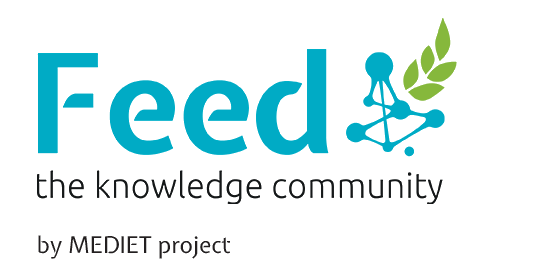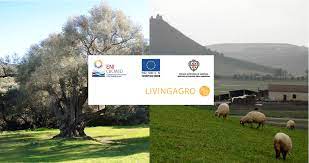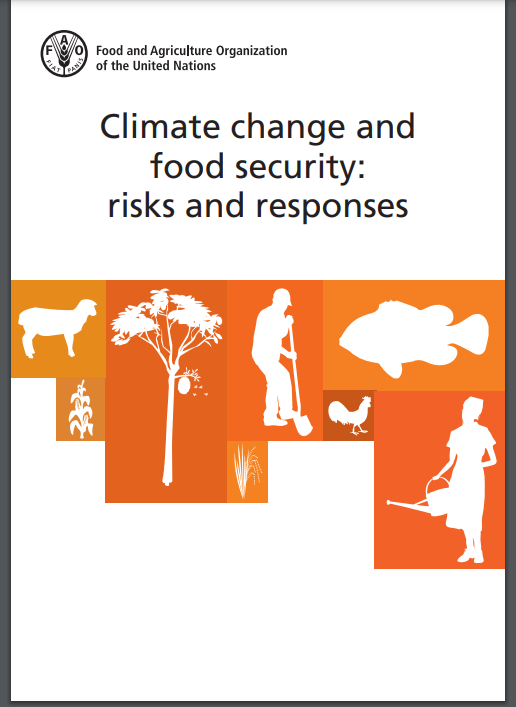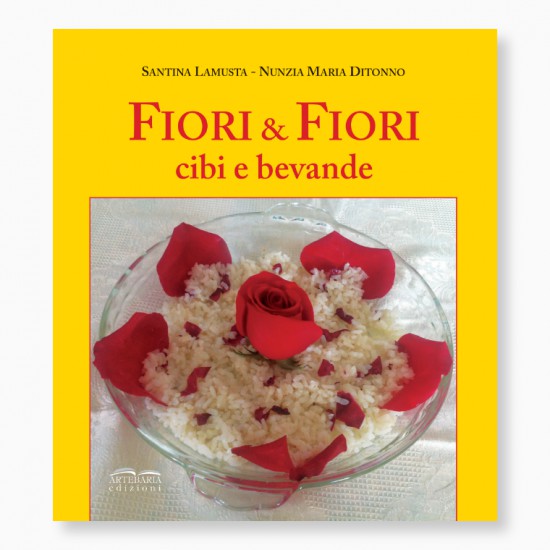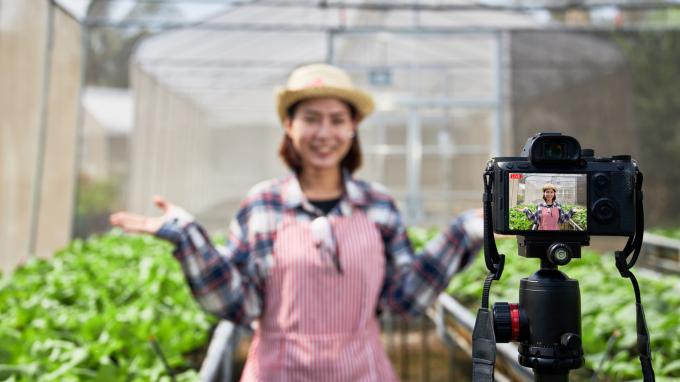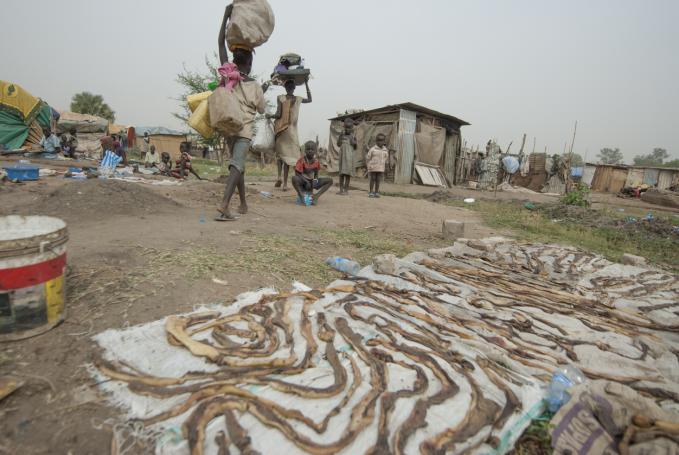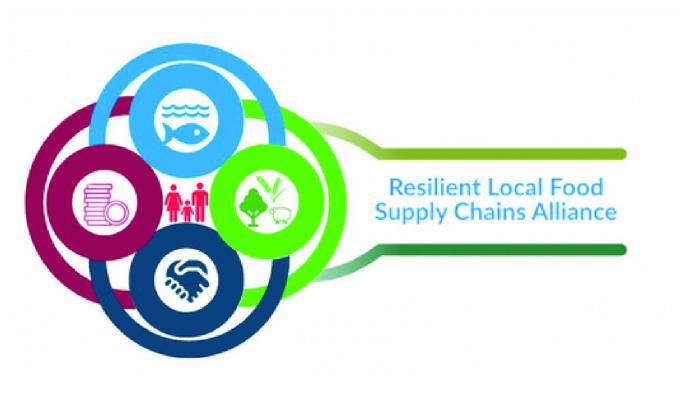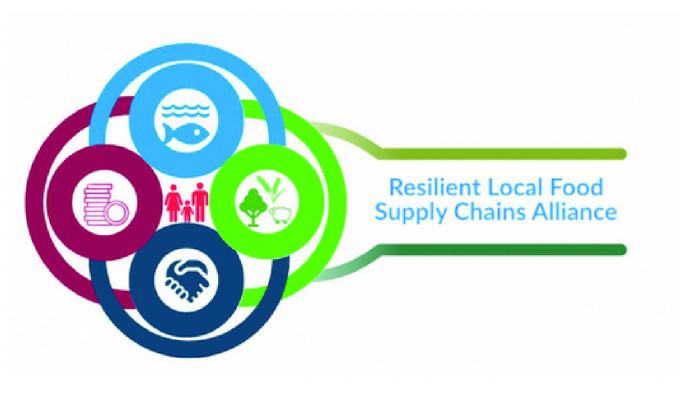Period
2004 - in progress
Palestine's olive industry is vital for its economy and communities. Initiatives such as the Palestine Fair Trade Association (PFTA) and Canaan Fair Trade (CFT) support farmers to obtain fair trade and organic certification, which involves training and independent third-party inspections. The training programs educate farmers on sustainable agriculture production, including soil and tree care, ploughing, harvesting, and storage techniques, Canaan's organisational functioning, and fair trade production standards. With 2,500 farmers organised in 55 cooperatives, it demonstrates the increased olive oil sales with a collaborative model, supported by PFTA's fair trade standards and CFT's market connections, which signifies resilience and empowerment in Palestinian agriculture.
You must be registered to see all the content
Identification needs
Olives are Palestine's second major export good, worth some $150-200 millions of income every year. They have been cultivated for generations, and over 100,000 West Bank families depend on them. As a whole, it is estimated that the agricultural sector provides formal and informal employment to 90 percent of Palestinians. This is despite the fact that restrictions are frequently imposed by the Israeli government on the types of agricultural inputs that Palestinian farmers can use, on food imports and exports, and on transportation of the produce through road checkpoints. At the same time, Israeli agricultural production is supported by government subsidies and cheaper production costs, rigging market odds against the Palestinians.
West Bank farmers also experience immense pressures on their lands and natural resources as Israeli settlements increasingly encroach on fertile areas and capture crucial water supplies. The cost of water is three times as high for Palestinians as it is for Israelis living in nearby settlements, while permits to install water pipes and dig underground wells are nearly impossible to obtain. Meanwhile, settlements that lack drainage infrastructure dump waste water on farms and grazing areas.
This challenging context has made olive farming increasingly valuable since olive trees are generally rainfed. But it has also made it more vulnerable. Olive picking is traditionally performed collectively by communities, but families who gather for harvests are subject to attacks from Israeli settlers. Incidents can lead to the cancellation of the picking, while transportation delays may result in product damage. Limited export opportunities can cause market oversupply and drive prices down.
Stakeholder change
Canaan business partners in 18 different countries, CFT – also a creation of Abu Farha – trades with socially and ecologically minded clients in the Global North, including LUSH cosmetics, Dr Bonners’ soaps, Ben & Jerry’s ice cream, and various fair trade and natural retail stores, the Palestine Fair Trade Association, the different markets farmers have access to, retailers locally and internationally, in addition to farmers, cooperatives and consumers.
Change triggered
Caanan Palestine helps Palestinian farmers to grow organic crops and get fair trade certification. Improved market access and increased returns on their crops makes it possible for thousands of Palestinian farmers and their families to earn a better living. The project gives hope for the future of food producers living and working under Israeli occupation.
Canaan works with 2,500 farmers from 52 communities, organized in 55 cooperatives. These include five women's cooperatives that involve some 200 women.
The annual sales of Canaan's fair trade olive oil increased from 23 tons in its first year of operation (2005) to some 800 tons in recent years. The revenue grew from $204,000 in 2005 to over $9 million in 2015.
Canaan's members represent about two percent of Palestinian olive farmers but produce about seven percent of the crop, which is a testament to the efficiency of their sustainable and organic production methods.
When the project began, the average Palestinian farmer earned eight shekels (around $2) for a liter of olive oil. Canaan offered twice as much (15-17 shekels, around $4) for olive oil produced according to fair trade standards. Since then, prices have continued to rise and Canaan farmers can now receive as much as 25 shekels ($6.50) per liter.
Short description
Abufarha partnered with farmers to launch the Palestine Fair Trade Association (PFTA), a non-profit organization that developed the first fair trade standards for olive oil.
The PFTA started with few members, but it now organizes 55 cooperatives, with 2,500 member farmers who produce olives as well as other crops such as almonds, tomatoes, fennel seeds, and more. The association works hand-in- hand with a for-profit enterprise, Canaan Fair Trade (CFT), which acts as the intermediary to process, package, and export the goods. CFT – also a creation of Abufarha – trades with socially and ecologically minded clients in the Global North, including LUSH cosmetics, Dr Bonners' soaps, Ben & Jerry's ice cream, and various fair trade and natural retail stores.
The PFTA and CFT collaborate to help farmers obtain fair trade and organic certification, which involves training and independent third-party inspections. The training programs educate farmers on sustainable agriculture production – including soil and tree care, plowing, harvesting, and storage techniques – and on Canaan's organizational functioning, as well as fair trade production standards.Though training and certification costs were initially subsidized by development partners, Canaan is now financing these through its own income.
The PFTA and CFT constantly seek to develop new products to diversify farmers' incomes. In addition to olive oil, Canaan sells almond oil (in 2016, the project had 400 hectares of almond tree orchards), honey, wheat products, carob syrup, condiments, and more. In its quest to improve agricultural techniques and marketing, Canaan Organic Research and Extension Center (CORE), a non- profit research center, was set up as well in 2013.

